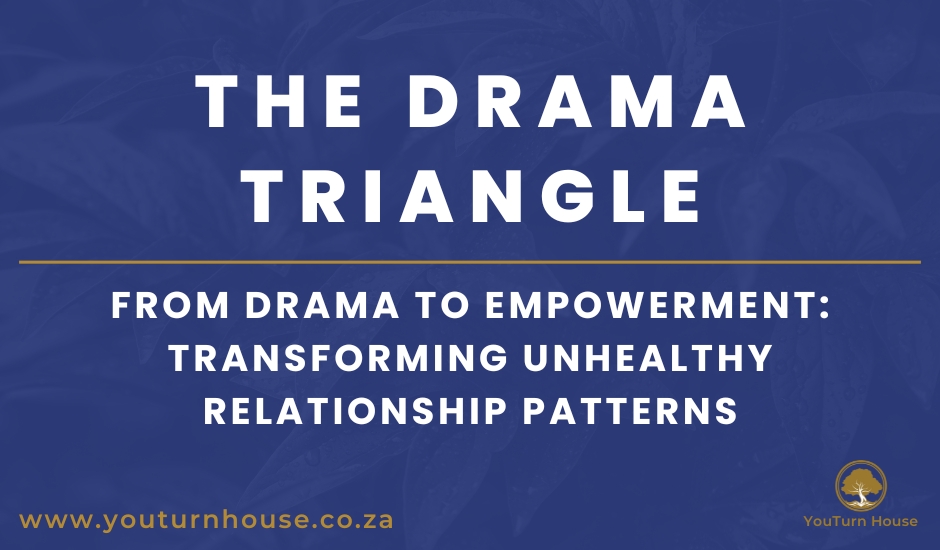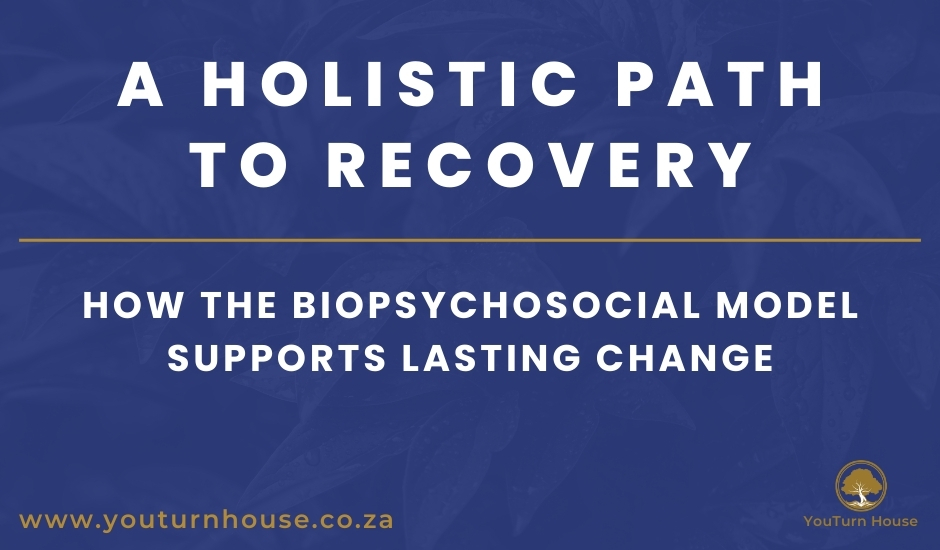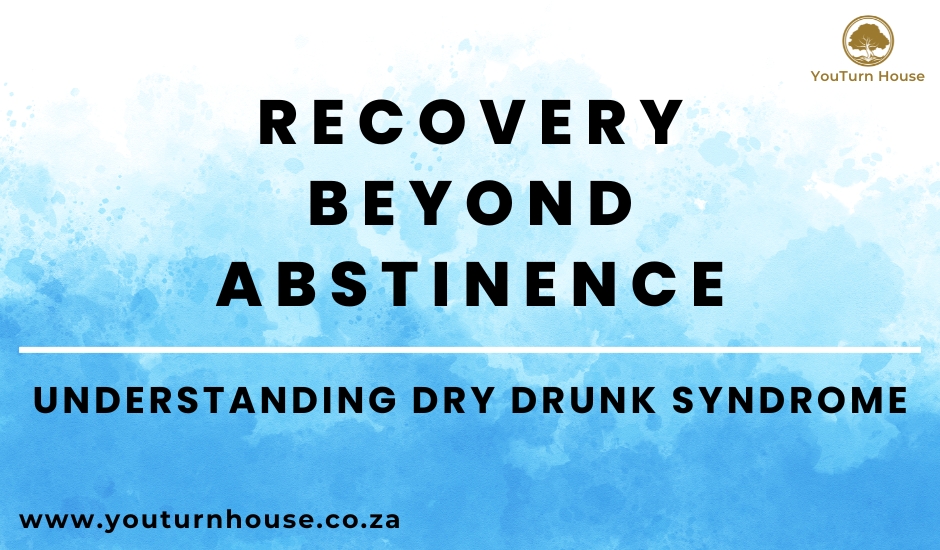Blog

The Two Sides of Forgiveness: Rebuilding Trust and Finding Peace in Recovery
Forgiveness is one of the most powerful yet misunderstood parts of the recovery journey. Whether you are the one who has struggled with addiction, or someone who has loved a person through it, forgiveness is rarely a single act. It is a process, sometimes painful, often slow, that unfolds over time as wounds begin to heal, trust is rebuilt, and understanding deepens. In addiction and recovery alike, forgiveness is essential. It is the bridge between guilt and growth, between resentment and...

From Drama to Empowerment: Transforming Unhealthy Relationship Patters
Life is full of relationships, challenges, and emotional ups and downs. At times, we can find ourselves caught in patterns of conflict or emotional chaos that feel familiar yet frustratingly repetitive. Whether in families, friendships, romantic partnerships, or workplaces, these dynamics often play out unconsciously, until we learn to recognise them. One of the most powerful frameworks for understanding these unhealthy patterns is the Drama Triangle, developed by psychiatrist Dr Stephen...

A Holistic Path to Recovery: How the Biopsychosocial Model Supports Lasting Change
When it comes to treating addiction, there's no quick fix. For years, people thought addiction was simply about bad choices or lack of willpower. Later, the focus shifted to biology - brain chemistry, genetics, and medication. But now, more and more experts agree: to truly support someone in recovery, we need to treat the whole person, not just the symptoms. That's where the biopsychosocial approach comes in - a fancy term for a simple idea: addiction isn't just about the body. It's also about...

Understanding Dry Drunk Syndrome: Recovery Beyond Abstinence
Recovery from addiction is a complex journey. It often begins with the difficult but crucial step of abstaining from drugs and/or alcohol. But for may, simply putting down the drink or drug is not the same as truly healing. One of the less talked-about, yet deeply important, aspects of recovery is what is known as Dry Drunk Syndrome. In this blog, we will explore what Dry Drunk Syndrome is, how it manifests, why it occurs, and most importantly, what can be done to move beyond it. Whether...

When One Suffers, All Suffer: The Family Dynamics of Addiction
When addiction enters a family system, it never affects just one person. Substance use creates a ripple effect that impacts everyone - emotionally, mentally, spiritually, and even physically. The family tend to experience feelings such as guilt, responsibility, confusion, anger, and sadness. These feelings trouble the entire family and often lead to dysfunction. Over time, family members often unconsciously adopt specific roles to cope with the chaos and uncertainty that addiction brings -...

Breaking Through Denial: The First Step to Recovery
Denial is one of the most complex and pervasive challenges in the cycle of addiction. It is a defence mechanism, a strategy that people use to protect themselves from distressing feelings. When it comes to addiction, denial manifests as a refusal to acknowledge the reality of substance use and its consequences, often leading individuals to justify, minimise, or ignore behaviours that are impacting their lives and relationships. Understanding how denial works and why it is so common in...

Protecting Your Well-Being: The Essential Role of Boundaries
Boundaries are an unavoidable aspect of our daily lives. Whether it's parenting, supporting loved ones, or facing confrontation, we are constantly engaged in each other’s worlds. Setting personal boundaries can be tricky, though, for a number of reasons. In close relationships, there's often a fragile balance between fulfilling our own needs and those of others. Deciding how much of ourselves to share can be uncertain and often leads to self-doubt. Additionally, prioritising our well-being...

Alcohol: Is It Really Harmless Fun?
In our everyday lives, the line between what is considered a drug and what isn’t often blurs, especially when it comes to substances we commonly encounter. Alcohol and socialising have gone hand-in-hand for centuries – so much so that it is easy to forget that alcohol is a drug. Understanding alcohol in the context of being a dangerous drug is crucial for recognising the risks associated with its consumption, raising awareness as to alcohol’s potential for harm and addiction and challenging...

12 Step Programmes: A Pathway to a Lasting Recovery
It is rare to find a place in the world, where there is as much courage, vulnerability, acceptance, and honesty as in a 12 Step fellowship meeting. Originating from Alcoholics Anonymous (AA) in the 1930s, the 12 Step recovery programme has been adapted for various types of addiction including drugs, gambling, sex, eating disorders, gaming, prescription medication, and other process addiction. It has helped countless individuals achieve and maintain sobriety. The 12 Step programme has been a...

Breaking the Cycle of Co-dependency
“I wish I had known that I was a co-dependent and that my co-dependent nature was learnt from my upbringing. Reason being is because growing up and up until finding recovery my happiness relied on someone else’s happiness. If someone was not happy then I was not happy so I felt like it was my job to make them happy. Recovery gave me a chance to change that nature. I didn’t know I was a people pleaser and looking back I can see it meant that a lot of the time I was doing things I didn’t want to...
Contact Us
Ask a question or book an appointment below.
